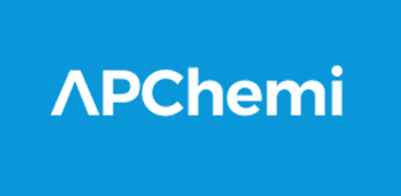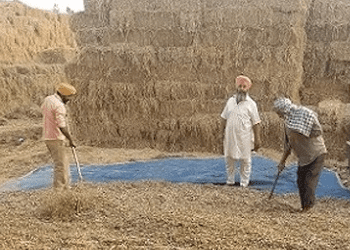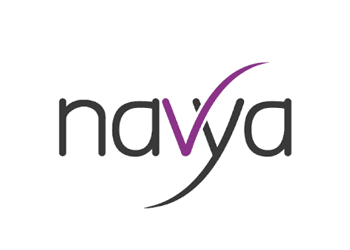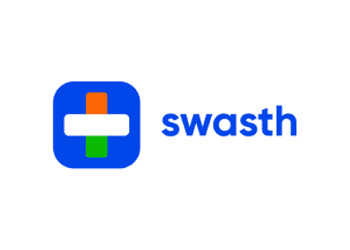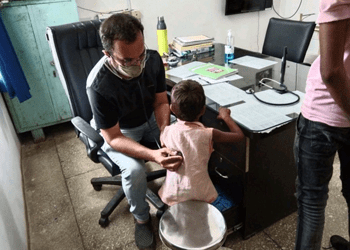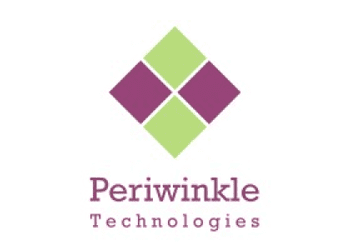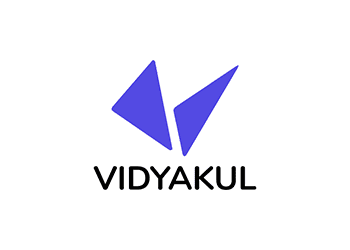Plastic has become an all-pervasive part of life on Earth. ~350 million tonnes of plastic waste is generated globally each year – only 20% of this waste is recycled while the remaining 80% makes its way to landfills, water streams or gets incinerated. Right from our blood streams to oceans, plastic chokes life.
But given the reality of plastic being a lifeline of a large number of industries, removing or replacing and managing it has been a herculean task. Dumping this waste for someone else to manage has been the easiest solution.
Historically, efforts have been made to convert mixed plastic waste to energy through pyrolysis – a process through which matter is broken down in the absence of oxygen to produce liquid oil which can potentially be used as an industrial fuel. Pyrolysis enables the recycling of materials which are otherwise inappropriate for conventional recycling. However, conventional pyrolysis of mixed plastic waste often produces contaminated oil that is unsuitable for use by refineries/petrochemical plants as is and is also usually commercially unviable to purify.
APChemi has broken this cycle. Their patented pyrolysis and oil purification technology PUREMAX™ removes contaminants from pyrolysis oil to produce a high quality oil PUROIL™ from mixed plastic & biomass waste. Through their proprietary technology, they have been successful in reducing the cost (capex and opex) of pyrolysis oil purification by multi-folds. Further, PUROIL™ has been proven to be the best feedstock for the production of biofuels, circular polymers, sustainable chemicals and sustainable vehicle fuels.
APChemi minimises the amount of plastic that gets dumped by enabling circularity for the post-consumer mixed plastic waste; by 2028, they plan to recycle 500 million kgs of plastic per year!
From an environmental standpoint, this is a double whammy – achievement of scalable plastic circularity and the production of feedstock (PUROIL™) for the generation of biofuels which can potentially replace fossil fuels.
Since 2007, APChemi has established over 45 pyrolysis plants across Asia, Europe, Africa and Middle East where they provide turnkey sustainable pyrolysis solutions. They have converted ~180k tonnes of plastic to oil and reduced dependency on crude oil by ~110k tonnes.
ACT For Environment will support APChemi in building a first-of-its-kind pyrolysis oil purification which can purify 17.5 thousand tons of pyrolysis oil. This project will exemplify the scalability of sustainable recycling of non-recyclable plastic waste globally.
We are beyond excited to partner with APChemi in their journey to build global waste circularity and produce clean energy!

